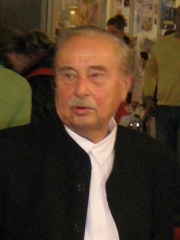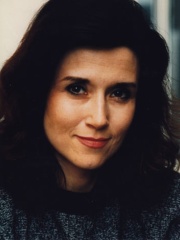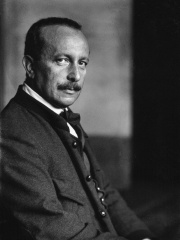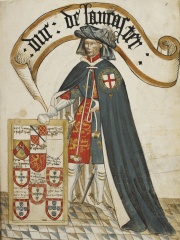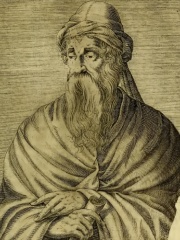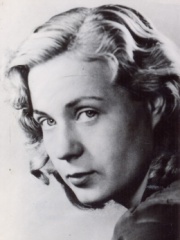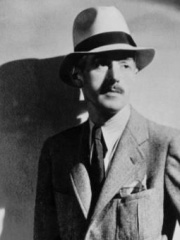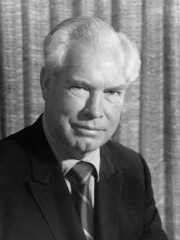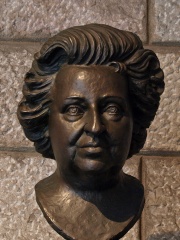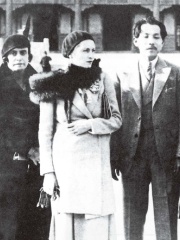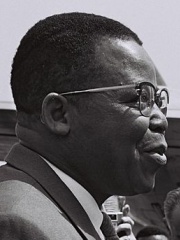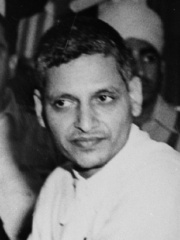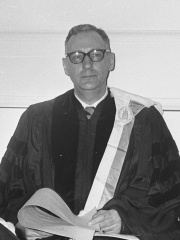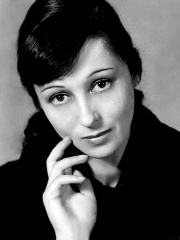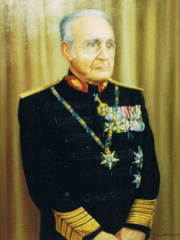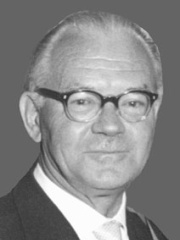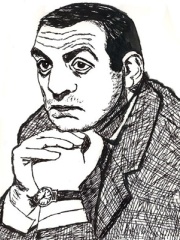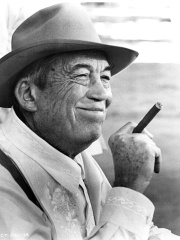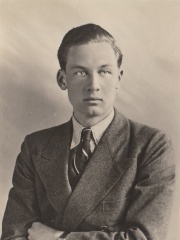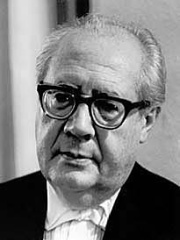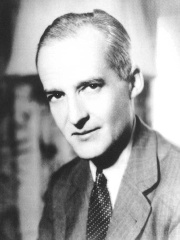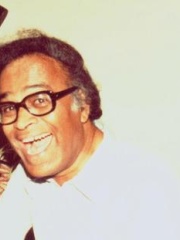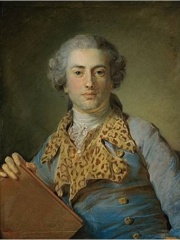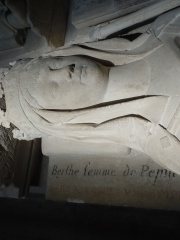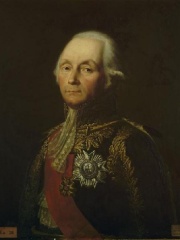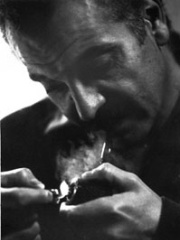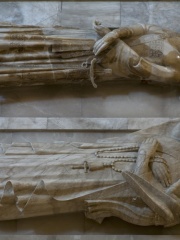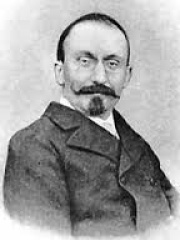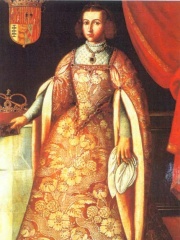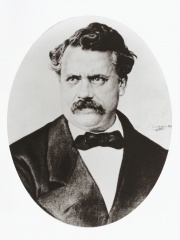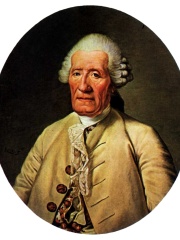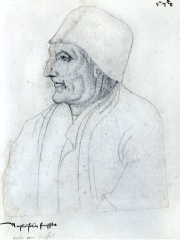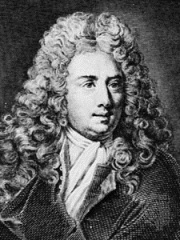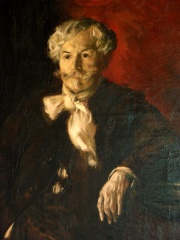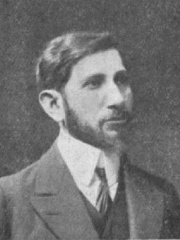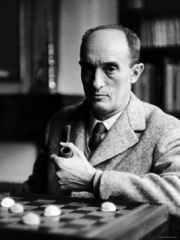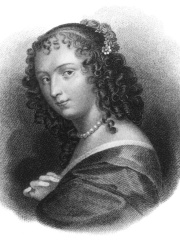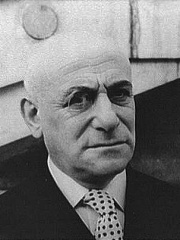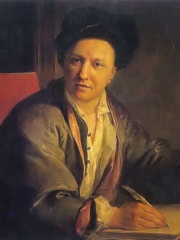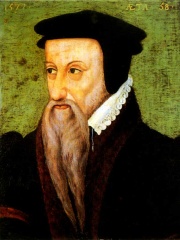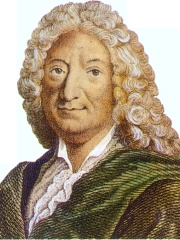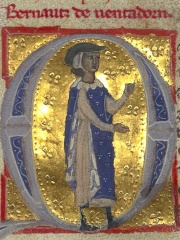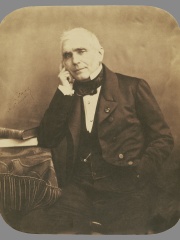Escritor
Jean Anouilh
1910 - 1987
PT.WIKIPEDIA PAGE VIEWS (PV)
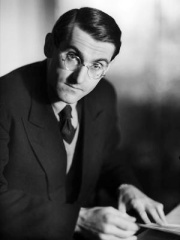
 Jean Anouilh
Jean Anouilh
Sua biografia está disponível em 59 idiomas na Wikipédia (aumento em relação a 57 em 2024). Jean Anouilh é o 798º escritor mais popular (caiu do 755º em 2024), a 952ª biografia mais popular da França (caiu do 911ª em 2019) e o 122º escritor mais popular da França.
Memorability Metrics
Page views of Jean Anouilh by language
Among Escritors
Among escritors, Jean Anouilh ranks 798 out of 7,302. Before him are Nonnus, Milorad Pavić, Dionysius Thrax, Marilyn vos Savant, Ryszard Kapuściński, and Bar Hebraeus. After him are Felix Salten, Henry of Grosmont, 1st Duke of Lancaster, Fatema Mernissi, Theodoret, Tove Ditlevsen, and Dashiell Hammett.
Most Popular Escritors in Wikipedia
Go to all RankingsNonnus
500 - 500
HPI: 69.60
Rank: 792
Milorad Pavić
1929 - 2009
HPI: 69.60
Rank: 793
Dionysius Thrax
170 BC - 89 BC
HPI: 69.60
Rank: 794
Marilyn vos Savant
1946 - Present
HPI: 69.58
Rank: 795
Ryszard Kapuściński
1932 - 2007
HPI: 69.57
Rank: 796
Bar Hebraeus
1226 - 1286
HPI: 69.57
Rank: 797
Jean Anouilh
1910 - 1987
HPI: 69.56
Rank: 798
Felix Salten
1869 - 1945
HPI: 69.56
Rank: 799
Henry of Grosmont, 1st Duke of Lancaster
1310 - 1361
HPI: 69.55
Rank: 800
Fatema Mernissi
1940 - 2015
HPI: 69.53
Rank: 801
Theodoret
393 - 458
HPI: 69.51
Rank: 802
Tove Ditlevsen
1917 - 1976
HPI: 69.49
Rank: 803
Dashiell Hammett
1894 - 1961
HPI: 69.48
Rank: 804
Contemporaries
Among people born in 1910, Jean Anouilh ranks 38. Before him are Kim Yong-sik, William Hanna, Samuel Barber, William Shockley, Princess María de las Mercedes of Bourbon-Two Sicilies, and Edda Mussolini. After him are Benzion Netanyahu, Joseph Kasa-Vubu, Nathuram Godse, Tjalling Koopmans, Luise Rainer, and António de Spínola. Among people deceased in 1987, Jean Anouilh ranks 28. Before him are Georg Wittig, Lino Ventura, Lawrence Kohlberg, John Huston, Lee Marvin, and Prince Ernest Augustus of Hanover. After him are Nobusuke Kishi, Andrés Segovia, Joseph Campbell, Luis Federico Leloir, Anthony de Mello, and Didier Pironi.
Others Born in 1910
Go to all RankingsKim Yong-sik
SOCCER PLAYER
1910 - 1985
HPI: 70.19
Rank: 32
William Hanna
FILM DIRECTOR
1910 - 2001
HPI: 70.09
Rank: 33
Samuel Barber
COMPOSER
1910 - 1981
HPI: 69.97
Rank: 34
William Shockley
PHYSICIST
1910 - 1989
HPI: 69.89
Rank: 35
Princess María de las Mercedes of Bourbon-Two Sicilies
POLITICIAN
1910 - 2000
HPI: 69.75
Rank: 36
Edda Mussolini
POLITICIAN
1910 - 1995
HPI: 69.74
Rank: 37
Jean Anouilh
WRITER
1910 - 1987
HPI: 69.56
Rank: 38
Benzion Netanyahu
HISTORIAN
1910 - 2012
HPI: 69.50
Rank: 39
Joseph Kasa-Vubu
POLITICIAN
1910 - 1969
HPI: 69.16
Rank: 40
Nathuram Godse
EXTREMIST
1910 - 1949
HPI: 68.95
Rank: 41
Tjalling Koopmans
ECONOMIST
1910 - 1985
HPI: 68.76
Rank: 42
Luise Rainer
ACTOR
1910 - 2014
HPI: 68.61
Rank: 43
António de Spínola
POLITICIAN
1910 - 1996
HPI: 68.57
Rank: 44
Others Deceased in 1987
Go to all RankingsGeorg Wittig
CHEMIST
1897 - 1987
HPI: 71.26
Rank: 22
Lino Ventura
ACTOR
1919 - 1987
HPI: 71.22
Rank: 23
Lawrence Kohlberg
PSYCHOLOGIST
1927 - 1987
HPI: 71.08
Rank: 24
John Huston
FILM DIRECTOR
1906 - 1987
HPI: 70.64
Rank: 25
Lee Marvin
ACTOR
1924 - 1987
HPI: 70.24
Rank: 26
Prince Ernest Augustus of Hanover
POLITICIAN
1914 - 1987
HPI: 69.78
Rank: 27
Jean Anouilh
WRITER
1910 - 1987
HPI: 69.56
Rank: 28
Nobusuke Kishi
POLITICIAN
1896 - 1987
HPI: 69.20
Rank: 29
Andrés Segovia
MUSICIAN
1893 - 1987
HPI: 69.12
Rank: 30
Joseph Campbell
WRITER
1904 - 1987
HPI: 68.62
Rank: 31
Luis Federico Leloir
CHEMIST
1906 - 1987
HPI: 67.97
Rank: 32
Anthony de Mello
RELIGIOUS FIGURE
1931 - 1987
HPI: 67.38
Rank: 33
Didier Pironi
RACING DRIVER
1952 - 1987
HPI: 67.32
Rank: 34
In França
Among people born in França, Jean Anouilh ranks 952 out of NaN. Before him are Jean-Georges Noverre (1727), Bertrada of Laon (720), Marie Laforêt (1939), François Christophe de Kellermann (1735), Georges Brassens (1921), and Pierre-Gilles de Gennes (1932). After him are John I of Aragon (1350), Louis Couturat (1868), Robert IV of Sablé (1150), Germaine of Foix (1488), Louis Vuitton (1821), and Jacques de Vaucanson (1709).
Others born in França
Go to all RankingsJean-Georges Noverre
DANCER
1727 - 1810
HPI: 69.59
Rank: 946
Bertrada of Laon
NOBLEMAN
720 - 783
HPI: 69.58
Rank: 947
Marie Laforêt
ACTOR
1939 - 2019
HPI: 69.58
Rank: 948
François Christophe de Kellermann
MILITARY PERSONNEL
1735 - 1820
HPI: 69.58
Rank: 949
Georges Brassens
SINGER
1921 - 1981
HPI: 69.58
Rank: 950
Pierre-Gilles de Gennes
PHYSICIST
1932 - 2007
HPI: 69.57
Rank: 951
Jean Anouilh
WRITER
1910 - 1987
HPI: 69.56
Rank: 952
John I of Aragon
POLITICIAN
1350 - 1396
HPI: 69.55
Rank: 953
Louis Couturat
PHILOSOPHER
1868 - 1914
HPI: 69.51
Rank: 954
Robert IV of Sablé
POLITICIAN
1150 - 1193
HPI: 69.51
Rank: 955
Germaine of Foix
NOBLEMAN
1488 - 1536
HPI: 69.50
Rank: 956
Louis Vuitton
BUSINESSPERSON
1821 - 1892
HPI: 69.49
Rank: 957
Jacques de Vaucanson
INVENTOR
1709 - 1782
HPI: 69.48
Rank: 958
Among Escritors In França
Among escritors born in França, Jean Anouilh ranks 122. Before him are Jean Froissart (1337), Antoine Galland (1646), Edmond de Goncourt (1822), Charles Maurras (1868), Pierre Boulle (1912), and Ninon de l'Enclos (1620). After him are Max Jacob (1876), Bernard Le Bovier de Fontenelle (1657), Theodore Beza (1519), Alain-René Lesage (1668), Bernart de Ventadorn (1135), and Eugène Scribe (1791).
Jean Froissart
1337 - 1405
HPI: 70.18
Rank: 116
Antoine Galland
1646 - 1715
HPI: 70.17
Rank: 117
Edmond de Goncourt
1822 - 1896
HPI: 70.11
Rank: 118
Charles Maurras
1868 - 1952
HPI: 69.94
Rank: 119
Pierre Boulle
1912 - 1994
HPI: 69.91
Rank: 120
Ninon de l'Enclos
1620 - 1705
HPI: 69.75
Rank: 121
Jean Anouilh
1910 - 1987
HPI: 69.56
Rank: 122
Max Jacob
1876 - 1944
HPI: 69.46
Rank: 123
Bernard Le Bovier de Fontenelle
1657 - 1757
HPI: 69.44
Rank: 124
Theodore Beza
1519 - 1605
HPI: 69.33
Rank: 125
Alain-René Lesage
1668 - 1747
HPI: 69.31
Rank: 126
Bernart de Ventadorn
1135 - 1190
HPI: 69.15
Rank: 127
Eugène Scribe
1791 - 1861
HPI: 69.14
Rank: 128

